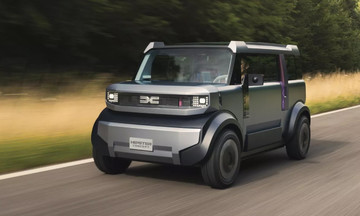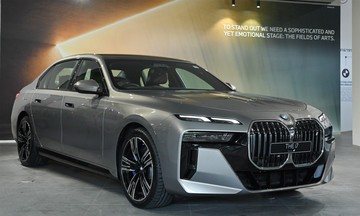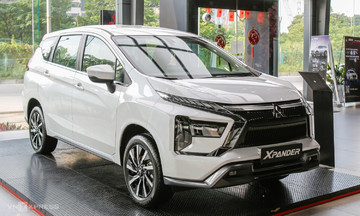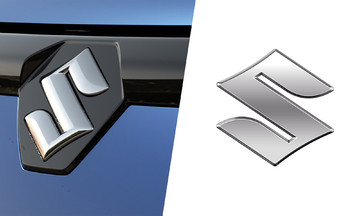Tesla's dominance in the US electric vehicle market is waning. The company, which once commanded over 80% of sales, saw its share drop to 38% in August, according to Cox Automotive. This marks the first time in nearly eight years that Tesla's market share has fallen below 40%. This suggests buyers are losing patience with Tesla's aging product line and are turning to newer, better alternatives, according to Autoblog.
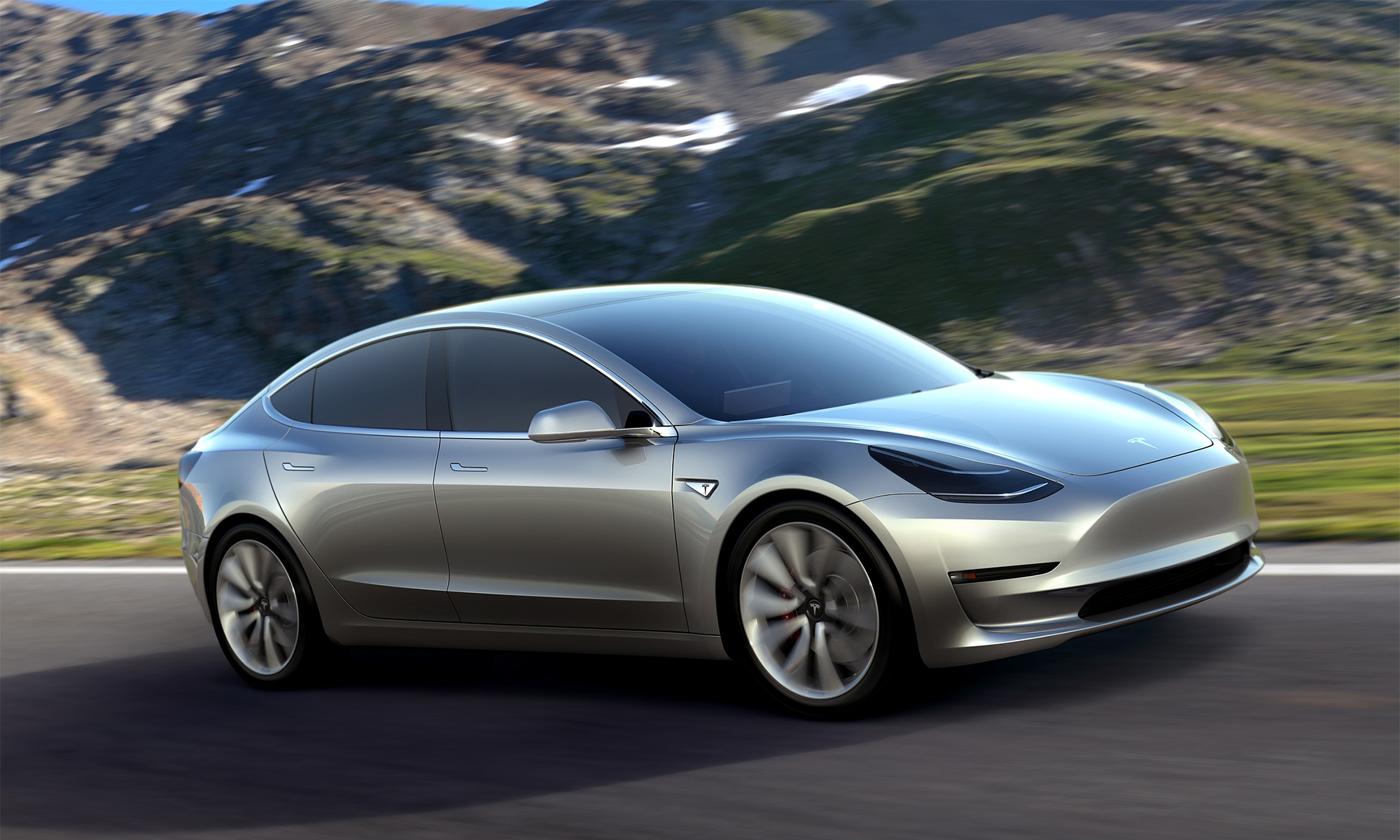 |
2018 Tesla Model 3. Photo: Tesla |
2018 Tesla Model 3. Photo: Tesla
For years, Tesla held the majority of the market share, making terms like "electric vehicle" commonplace. Cox's data reveals that this appeal began to weaken this year. Tesla's sales dropped to 48.7% in June, further declining to 42% in July, and then plummeting to 38% in August—the steepest two-month decline since 2021.
Globally, the trend is similar. The American electric vehicle manufacturer's sales decreased by 1% in 2024 and by another 10% in 2025. In Europe, Tesla's decline reached 40%, even though the company's overall electric vehicle sales increased by 48%. Even in China, the world's largest electric vehicle market, Tesla's sales still fell by 6%.
The electric vehicle market has become increasingly competitive, with many rival automakers offering attractive incentive packages. Hyundai, Kia, Honda, and Toyota have boosted their electric vehicle sales by 120% this summer with lease deals that Tesla simply cannot match, according to Cox.
For example, Volkswagen's ID.4 sales surged by over 450% in July, thanks to attractive lease deals and perks like free charging. But with the 7,500 USD tax credit expiring in September, experts speculate that electric vehicle sales will decline, creating further tension among competitors.
Moreover, Tesla's stagnation has opened the door for other US competitors like Lucid to enter the market.
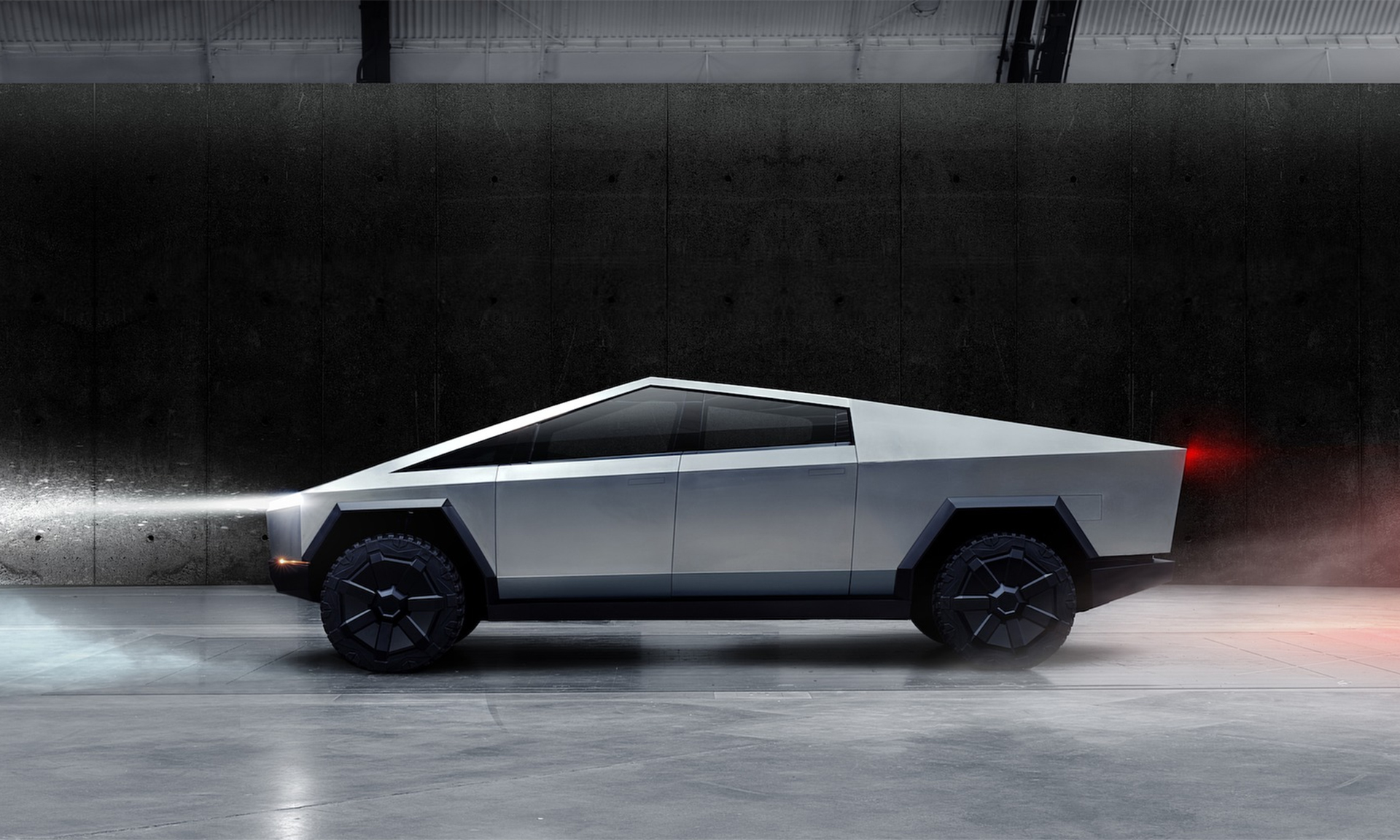 |
2020 Tesla Cybertruck. Photo: Tesla |
2020 Tesla Cybertruck. Photo: Tesla
Tesla, a brand once synonymous with innovation, has fallen behind, especially when compared to exciting new models like the Hyundai Ioniq 5N. Tesla's latest pickup truck, the Cybertruck, launched in 2023 to much fanfare, but it hasn't generated the same sales figures as the Model 3 or Model Y. This is partly due to ongoing quality control issues, an overly diversified investment portfolio, and Elon Musk's increasingly controversial public image, which has alienated some customers.
Minh Vu




